Buffy Sainte-Marie Controversy: A Personal Perspective on Indigenous Identity
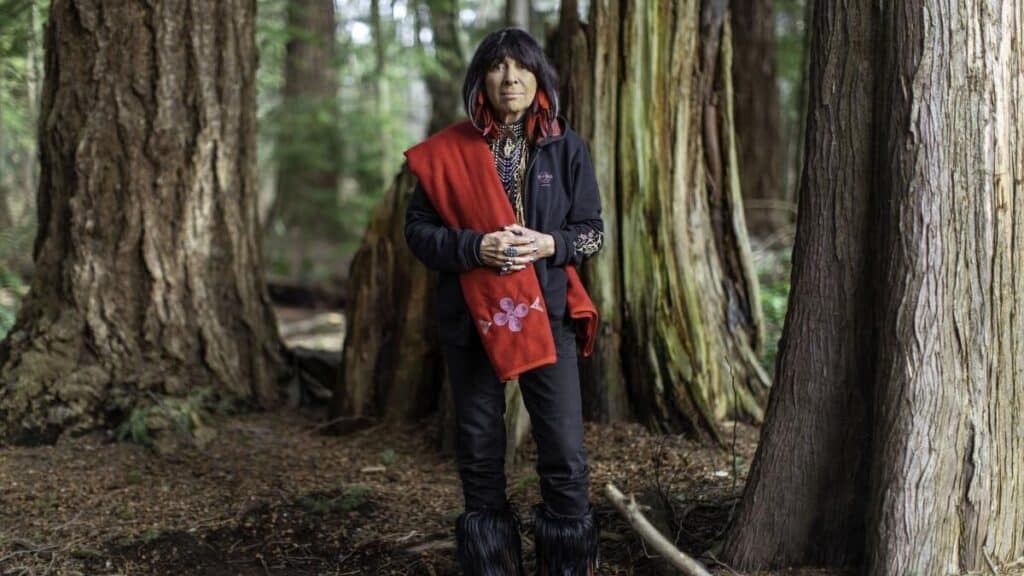

As an author and passionate observer of Indigenous issues, I’ve been deeply affected by the recent revelations surrounding Buffy Sainte-Marie, the iconic Cree singer. Her journey through the music industry has captivated many, and her connection to Indigenous culture has been a source of pride for countless individuals. However, recent doubts about her Indigenous heritage have left a lingering sense of betrayal within the Indigenous community.
My own memories of Buffy Sainte-Marie go back many years to a time when my mother gathered our family to watch a show featuring a “Cree girl,” a talented singer. Her performance was unforgettable, leaving a profound impact on my family. Over the years, Buffy’s music found a permanent place in my heart, and I eagerly attended her performances whenever I could. Earlier this year, my friends even bought me a ticket to her show in Victoria, B.C., as a birthday gift. However, the show was canceled at the last minute, allegedly due to health reasons, leaving me, like many others, uncertain about what to believe.
The recent questions about Buffy Sainte-Marie’s Indigenous ancestry have hit me hard. Indigenous heroes are cherished because they often share the trauma that Indigenous fans have experienced. As I witnessed young Indigenous women’s power at the Ottawa International Writers Festival, I realized that Buffy, even at her peak, didn’t overshadow these remarkable women who carried the invisible scars and traumas of being Indigenous in Canada.
Indigenous identity often carries a painful backstory, intertwined with historical trauma such as Indian residential schools, the Sixties Scoop, and forced assimilation. These past events have made it easier for some to falsely claim Indigenous heritage. I, too, felt disillusioned and hurt when similar stories came out about individuals like Joseph Boyden and Mary Ellen Turpel-Lafond, but Buffy was different. She was the singer who made my mother cry, a symbol of hope and pride.
Recent reports indicate that the Piapot family in Saskatchewan has publicly confirmed Buffy Sainte-Marie’s adoption into their family. Each Nehiyaw family and First Nation has the right to determine their members, which doesn’t necessarily rely on blood ties. However, this adoption doesn’t confer official or legal benefits.
I won’t delve into the authenticity or veracity of the CBC investigation into Buffy Sainte-Marie, but I can’t help but feel for those who have idolized and loved her. If she is indeed Indigenous and hasn’t misrepresented her heritage, she should seek justice against those who questioned her. But if she has deceived Indigenous people and the public over the decades, she should come clean, apologize, and find a way to make amends.
In this uncertain time, it would be immensely helpful for Buffy to reveal her true story, from her early days until now, without requiring anyone to suspend their belief systems. This is the minimum owed to those who have loved her for so long.
In conclusion, I urge Buffy, or Beverly, to share her story openly. We loved you, and transparency is the first step towards reconciliation.
Darrel J. McLeod is an award-winning Cree author, and his most recent book is “A Season in Chezgh’un: A Novel.“



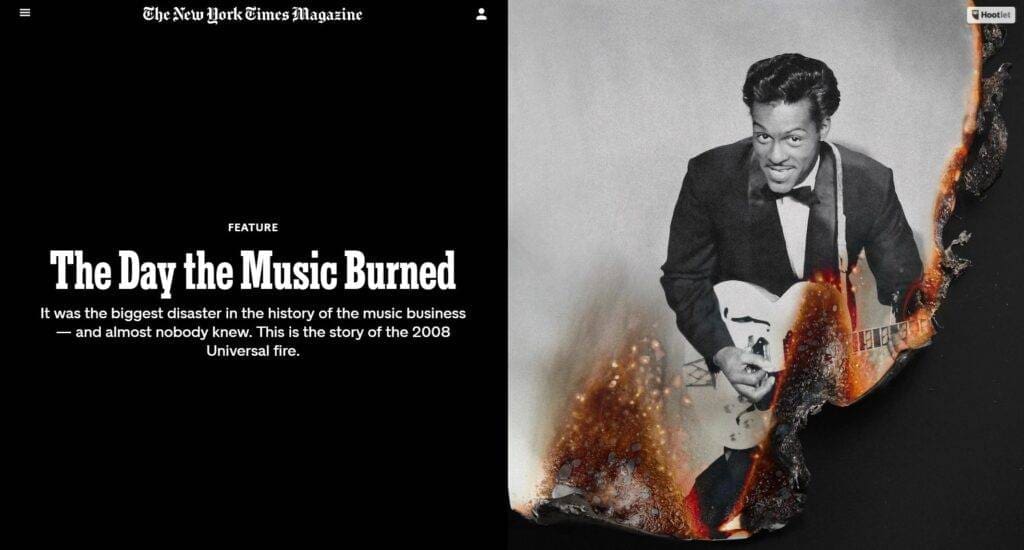
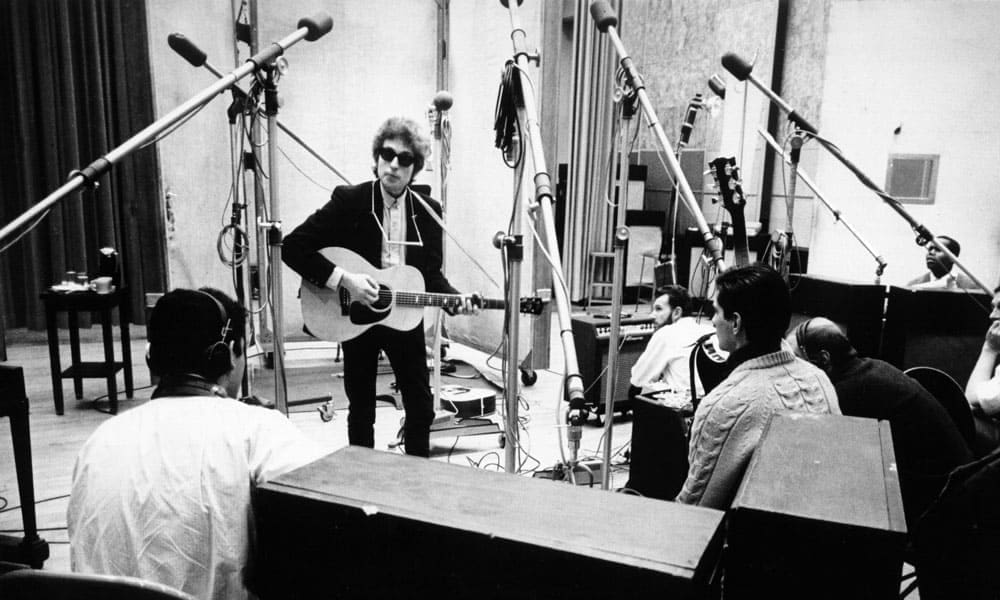
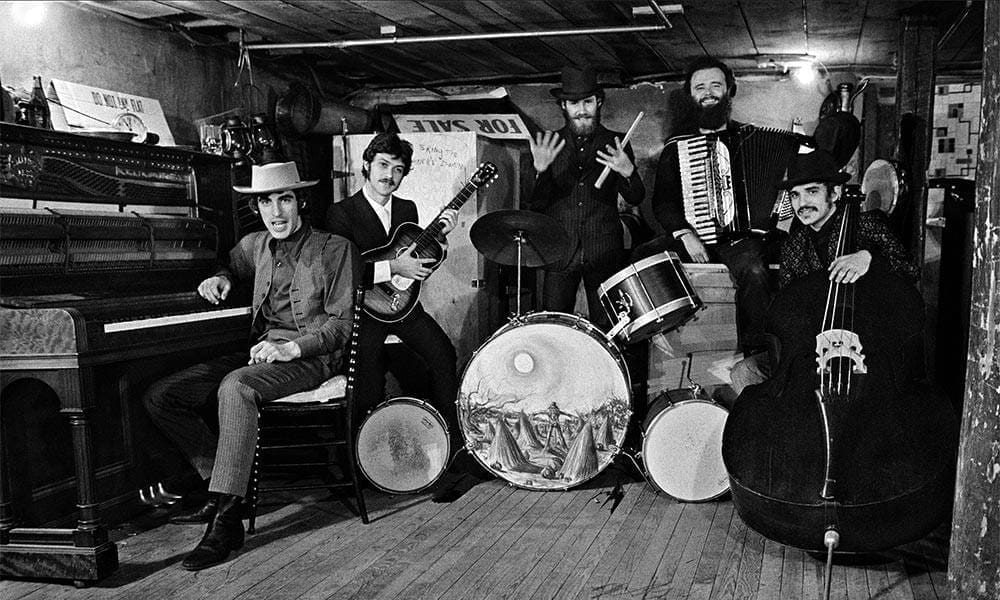
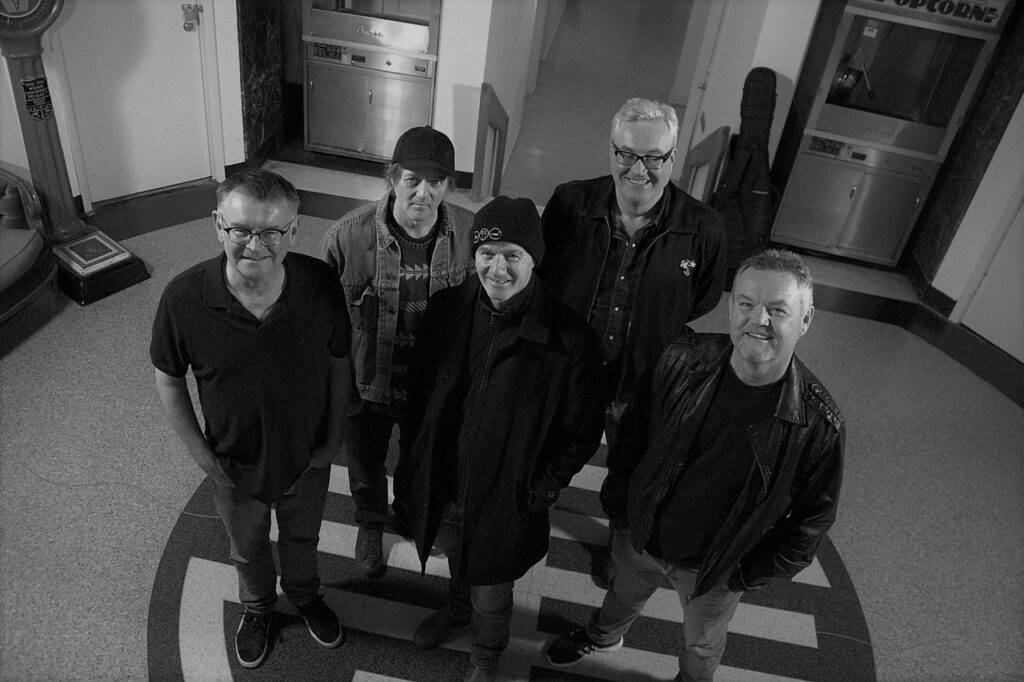
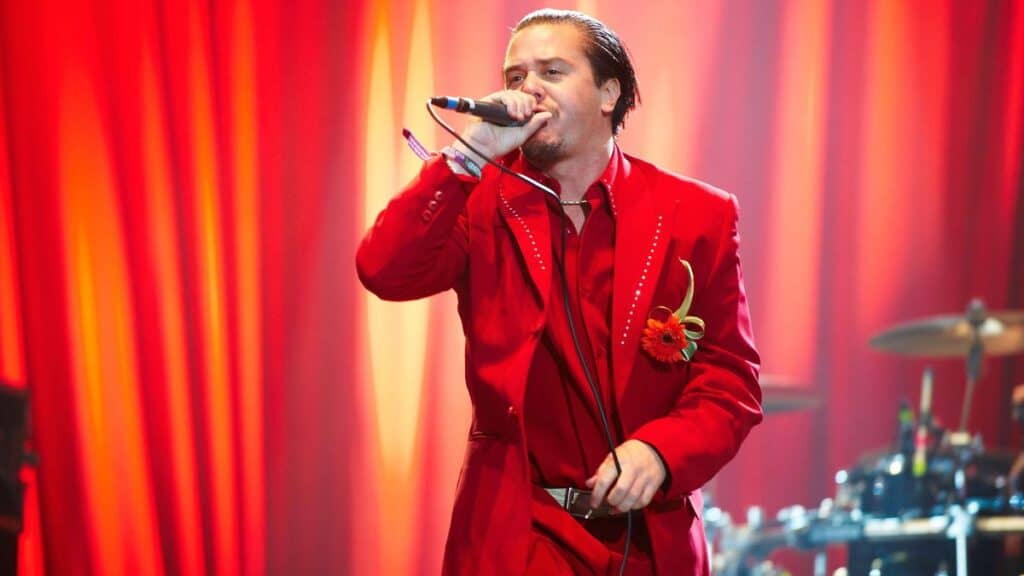
Responses